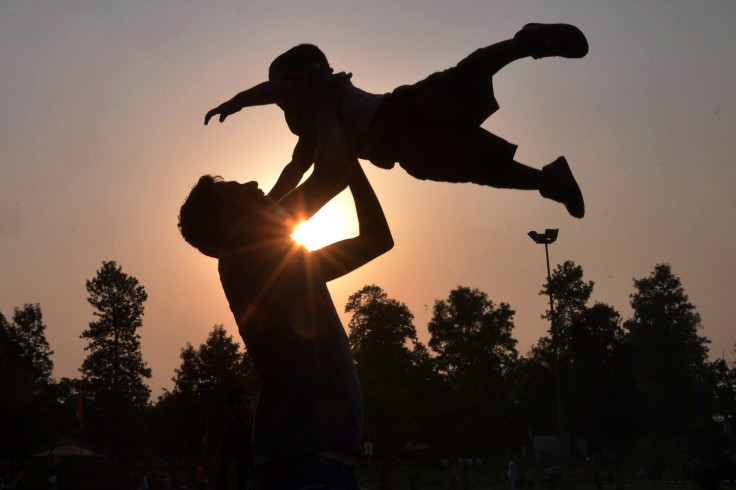Not Just Mother's, But Father's Mental Illness Also Increases Chances Of Preterm Birth: Study

Much has been known about the role of a mother's physical and mental health in the well-being of the unborn fetus. A recent study reveals that when it comes to preterm birth, it is not just a mother's mental health that matters.
The study, published in the journal PLOS Medicine, suggests that children born to fathers with psychiatric illnesses have an increased risk of preterm birth.
According to the WHO estimates, around 13.4 million babies were born preterm in 2020. Factors such as multiple pregnancies, infections, genetic influence and chronic conditions such as diabetes and high blood pressure can cause preterm births.
"Preterm birth is associated with negative health consequences for infants. Women with psychiatric diagnoses are at increased risk of preterm birth, but less is known about the risk in offspring of fathers with psychiatric diagnoses and for couples where both parents had psychiatric diagnoses," researchers from Karolinska Institute said in a news release.
The team evaluated all live births to Nordic parents in Sweden from 1997 to 2016 and collected information regarding psychiatric diagnoses. There were 1.5 million births, out of which 15% were born to parents with a diagnosis of mental health issues.
Researchers found that in parents without any mental health conditions, 5.8% of babies were born preterm. Among babies whose fathers had psychiatric diagnoses, the risk of preterm birth was 6.3%, and with the mother's psychiatric diagnosis, the risk increased to 7.3%. In cases when both parents were diagnosed, the risk of preterm birth was 8.3%.
Also, diagnosis of stress-related disorders in parents was associated with the highest risks of preterm birth – 23% when the father had a stress-related disorder and 47% when the mother had a diagnosis. The risk was 90% when both parents had a stress-related disorder.
The chances of preterm birth are further high in babies whose parents had multiple psychiatric disorders.
"Children of parents with mental illness are at increased risk of being born too early – both the mothers' and fathers' are important," Weiyao Yin, the researcher who led the study, said.



























